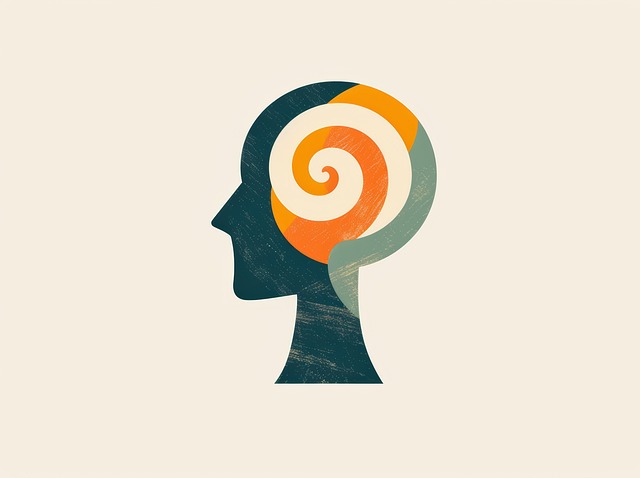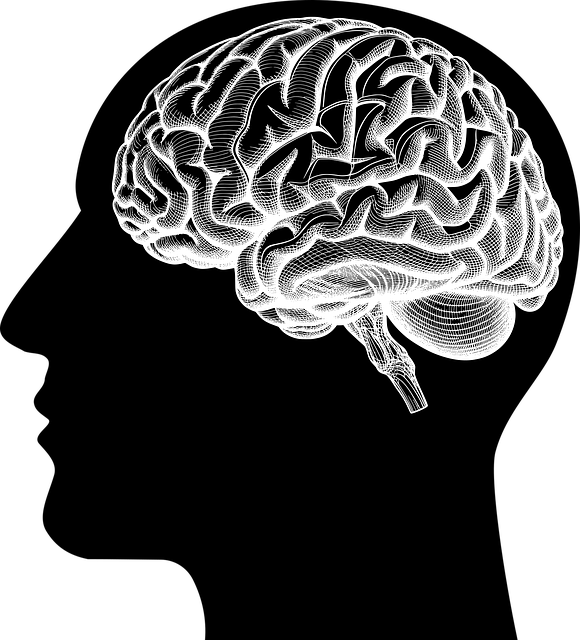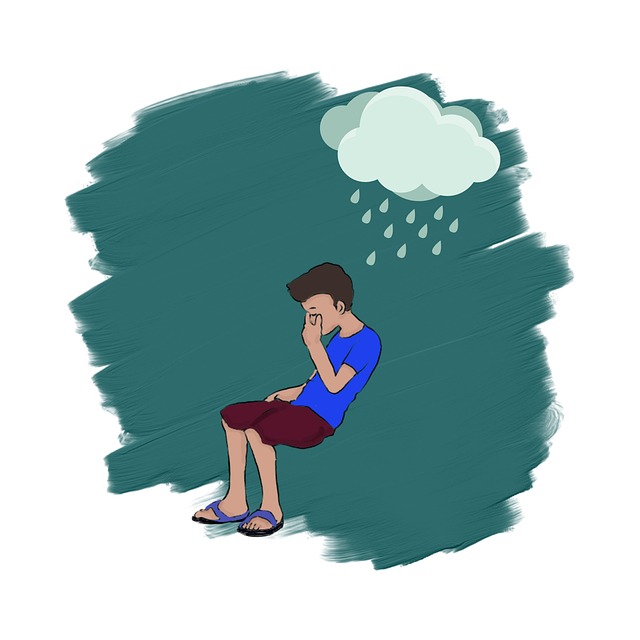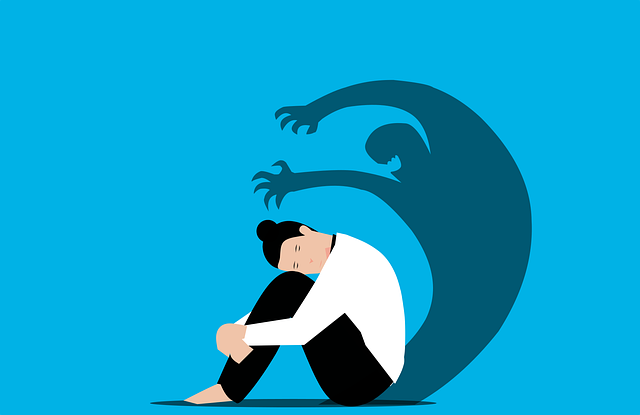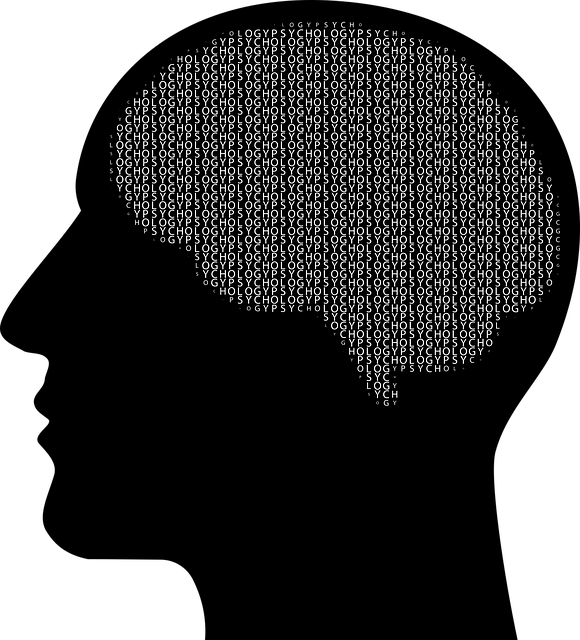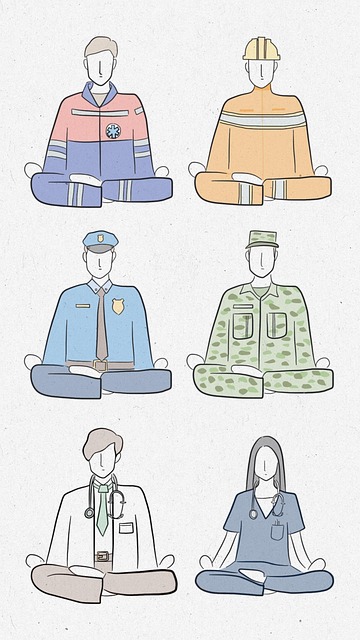The elderly population faces unique stressors related to physical health decline, financial worries, and social isolation, impacting their mental wellness and potentially leading to anxiety and depression. To address these challenges, specialized therapy services such as grief counseling, mental wellness practices (e.g., journaling, exercise guidance), confidence-boosting techniques, and crisis intervention guidance are crucial. Focus areas include providing tailored therapy for elders and grief counseling, which helps manage the emotional impact of losses, using methods like cognitive-behavioral therapy (CBT) and mindfulness meditation to develop resilience and coping mechanisms. Healthcare providers should recognize the importance of these interventions to ensure comprehensive care for elders, fostering resilience and peace during challenging times.
Stress reduction is a vital aspect of healthy aging, especially for the elderly population facing unique challenges. This article explores comprehensive strategies to alleviate stress among seniors, focusing on therapy options and grief counseling tailored to their needs. We delve into alternative approaches alongside practical daily techniques, offering valuable insights for caregivers and seniors themselves. Understanding and managing stress can significantly improve quality of life, so discover effective therapy for elders and the power of grief counseling in addressing the emotional needs of aging individuals.
- Understanding Elderly Stress and its Impact
- Therapy Options for Elders: A Comprehensive Overview
- Grief Counseling: Addressing the Unique Needs of Seniors
- Alternative Approaches to Reduce Stress in Aging Individuals
- Practical Strategies for Daily Application
Understanding Elderly Stress and its Impact

The elderly population faces unique challenges that can contribute to elevated levels of stress. As individuals age, they may experience a range of stressors related to physical health decline, financial worries, and social isolation. These factors can take a significant toll on their mental wellness, often leading to feelings of anxiety and depression. Understanding these sources of stress is the first step towards developing effective coping strategies for seniors.
One crucial aspect in addressing elderly stress is providing access to specialized therapy services. Grief counseling, for instance, plays a vital role in helping the aging population cope with the loss of loved ones, which can be a significant source of trauma and sorrow. Additionally, integrating mental wellness practices like journaling and exercise guidance can offer much-needed outlets for expression and stress relief. These activities, coupled with confidence-boosting techniques and crisis intervention guidance, empower seniors to navigate their emotional challenges more effectively.
Therapy Options for Elders: A Comprehensive Overview

As individuals age, they may face unique challenges that contribute to stress and anxiety. Therapy options specifically tailored for elders play a crucial role in addressing these issues. One effective approach is grief counseling, which is essential for managing the emotional toll of loss, whether it’s the passing of a spouse or dealing with the decline of one’s independence. Through grief counseling, elders can learn coping mechanisms to navigate their feelings and develop resilience.
The therapy process involves creating a safe space where elders can openly discuss their concerns, memories, and fears. Therapists employ techniques such as cognitive-behavioral therapy (CBT) to help clients challenge negative thoughts and replace them with more positive ones, fostering mind over matter principles. Additionally, stress management strategies are integrated into the counseling sessions, teaching elders valuable tools for building resilience in the face of age-related stressors.
Grief Counseling: Addressing the Unique Needs of Seniors

Grief counseling offers a specialized support system tailored to address the unique needs of seniors experiencing loss. As individuals age, they often face multiple transitions and traumas, from the passing of loved ones to adapting to changing health conditions. Traditional therapy might not always cater to the specific emotional and social dynamics of this demographic. Thus, grief counseling provides an essential service, helping elders process their feelings in a supportive environment.
This therapeutic approach focuses on understanding and managing the complex emotions that arise after loss. Trained counselors utilize techniques such as mindfulness meditation and cultural competency training to assist seniors in navigating their grief. By recognizing the impact of trauma support services on this population, healthcare providers can ensure that elders receive compassionate care, enabling them to find comfort, resilience, and a sense of peace during difficult times.
Alternative Approaches to Reduce Stress in Aging Individuals

As individuals age, stress can manifest differently, often requiring tailored approaches to manage and alleviate its impact. Alternative therapies have proven effective in promoting mental wellness among elders. One such method is therapy focused on grief counseling, which addresses the unique challenges of bereavement that can contribute to heightened stress levels. This form of therapy provides a safe space for seniors to process their emotions, cope with loss, and regain a sense of balance.
Incorporating confidence-boosting techniques into these alternative practices has shown promising results in improving overall mental wellness. Mental wellness coaching programs specifically designed for the elderly can offer valuable support, guiding them through stress reduction strategies that cater to their specific needs. By combining traditional grief counseling with modern coaching methods, elders can navigate the complexities of aging with enhanced resilience and improved mental health.
Practical Strategies for Daily Application

Stress reduction is a vital component of maintaining emotional well-being, especially for elders navigating life’s challenges. Practical strategies can be integrated into daily routines to foster mental health awareness and promote resilience. One effective approach is engaging in regular therapy sessions tailored to individual needs; this could include grief counseling, which is particularly beneficial for elders dealing with loss. Through talking therapies, individuals can explore their emotions, build empathy for themselves and others, and develop coping mechanisms to manage stress effectively.
Additionally, adopting simple yet powerful techniques such as mindfulness meditation, deep breathing exercises, or even taking short walks in nature can significantly contribute to emotional well-being promotion. These strategies help calm the mind, reduce anxiety, and foster a sense of tranquility throughout the day. By incorporating these practices into their lives, elders can enhance their ability to cope with stressors, improve overall mental health awareness, and cultivate a deeper sense of inner peace.
Stress reduction is a vital aspect of healthy aging, and with the right approach, elders can navigate life’s challenges with resilience. By understanding the unique stressors faced by seniors and utilizing various therapy options, including grief counseling tailored to their needs, individuals can find solace and improve their overall well-being. Integrating alternative practices into daily routines offers additional support, promoting a peaceful and fulfilling later life. Through comprehensive care and practical strategies, elders can effectively manage stress, enhancing the quality of their lives.
